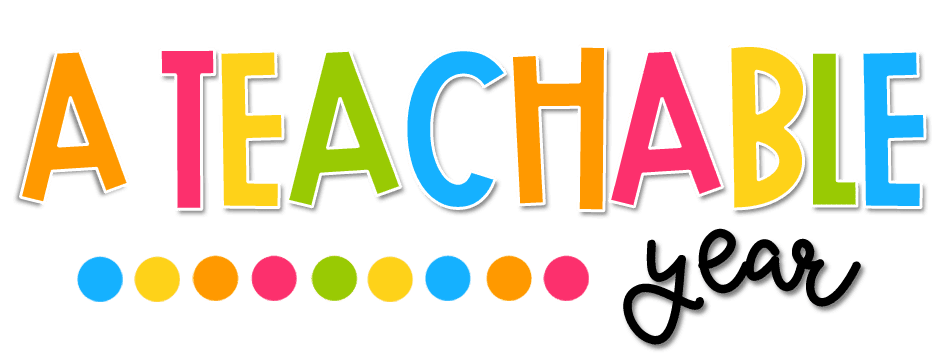Seollal, the Korean Lunar New Year, offers ESL teachers an enriching opportunity to engage students in a lesson that celebrates culture, family, and the significance of this cherished holiday while enhancing language skills. This commemoration invites an exploration of customs, traditions, and the spirit of togetherness.
Understanding Seollal
Seollal is a significant holiday in Korea, celebrating the beginning of the lunar calendar and emphasizing family reunions, ancestral rituals, and traditional customs.
Seollal is a significant holiday in Korea, celebrating the beginning of the lunar calendar and emphasizing family reunions, ancestral rituals, and traditional customs.
Language Skills and Activities
Vocabulary Enrichment:
Introduce Seollal-related vocabulary such as holiday, tradition, family, bowing, hanbok (traditional clothing), and specific terms related to the celebrations. Use visuals, stories, or discussions to reinforce vocabulary.
Reading and Comprehension:
Select articles, stories, or cultural information about Seollal, its customs, or family gatherings during the holiday. Conduct reading sessions followed by discussions or comprehension tasks.
Writing Tasks:
Encourage students to write essays about family traditions, poems celebrating the new year, or descriptive narratives about Seollal celebrations. This exercise nurtures language skills and encourages cultural exploration.
Seollal Traditions and Celebrations
Family Gatherings:
Discuss the importance of family reunions during Seollal, emphasizing ancestral homage, traditional bowing (sebae), and sharing special meals like tteokguk (rice cake soup).
Hanbok and Cultural Attire:
Explore the significance of wearing hanbok during Seollal and the cultural importance of traditional clothing.
Explore the significance of wearing hanbok during Seollal and the cultural importance of traditional clothing.
Interactive Activities
Sebae (New Year's Bow):
Engage students in a simulated sebae activity where they practice the traditional bowing etiquette and exchange well wishes.
Hanbok Fashion Show:
Encourage students to dress up in traditional Korean attire (real or improvised) and participate in a virtual or in-class fashion show.
Reflective Discussions
Family Values:
Initiate discussions on the importance of family, respect for elders, and the role of traditions in fostering familial bonds.
Cultural Significance:
Discuss the cultural elements of Seollal and how the holiday reflects Korean identity and values.
Teaching about Seollal in ESL classes offers a cultural immersion into Korean traditions, familial values, and the spirit of new beginnings. By integrating language exercises, discussions on traditions, interactive activities, and reflective discussions, educators can create an engaging lesson that not only enhances language skills but also fosters cultural appreciation and empathy.
As we celebrate Seollal, let us inspire students to understand diverse cultures, appreciate family values, and embrace the traditions that strengthen cultural identities.



No comments
Post a Comment
Thanks for your comment!